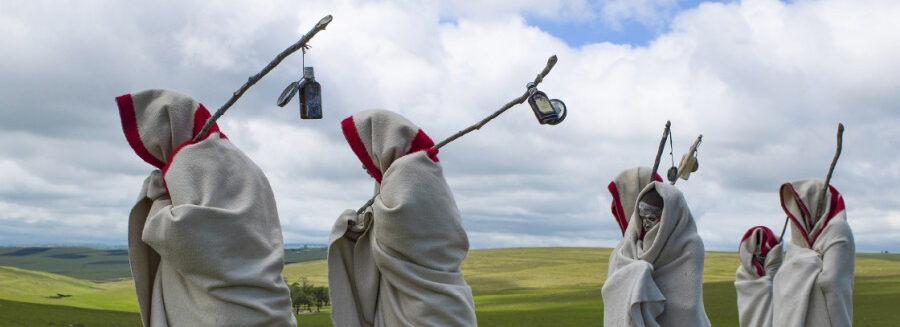The Xhosa people of South Africa have a rich and complex culture, deeply rooted in their traditions and customs. One of the most significant and widely known traditions is the Xhosa male circumcision ritual. This coming-of-age rite, known as “Ulwaluko,” is a sacred and transformative experience that has been practiced for generations. In this article, we explore the Xhosa circumcision ritual, its cultural significance, and the impact of modernization on this tradition.

Ulwaluko is a rite of passage that symbolizes the transition from boyhood to manhood within the Xhosa community. It involves the circumcision of young boys, typically in their late teens, as well as a period of seclusion and initiation into the responsibilities of adulthood.
The ritual takes place in the bush, away from the community, and is conducted by traditional surgeons called “ingcibi” and “ikhankatha.” These individuals have specialized knowledge and skills that have been passed down through generations.
Despite its cultural significance, the Xhosa circumcision ritual has faced challenges in recent years. Modernization, health concerns, and issues related to the competency of the traditional surgeons have raised questions about the safety and ethics of the practice. However, efforts are being made to strike a balance between preserving this important tradition and ensuring the well-being of the participants. The Xhosa circumcision ritual stands as a testament to the resilience of African cultural practices and the ongoing dialogue between tradition and modernity.


